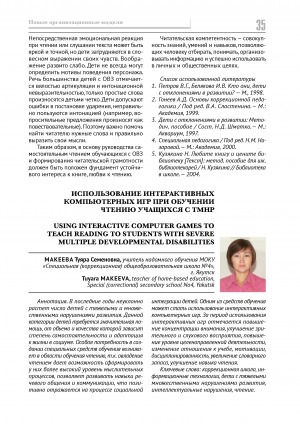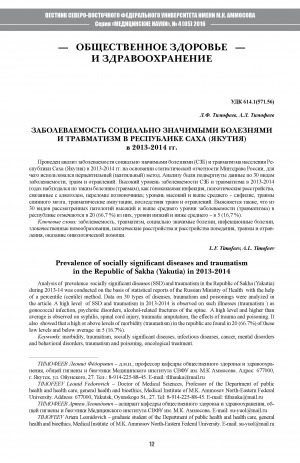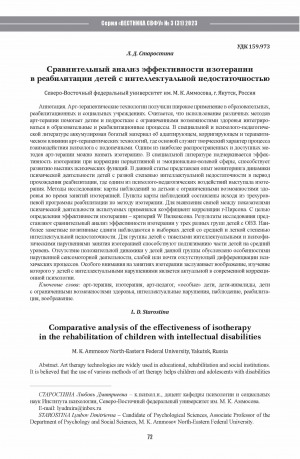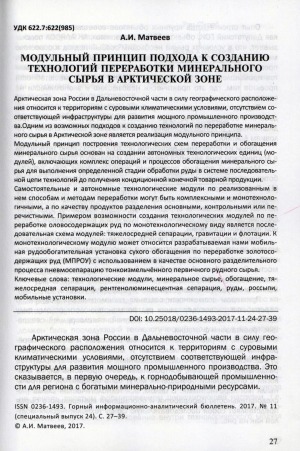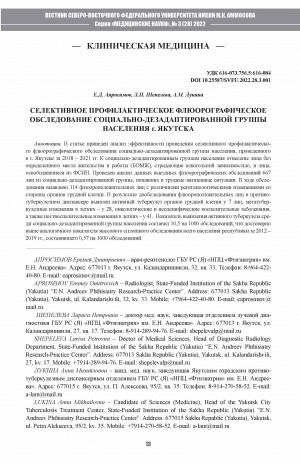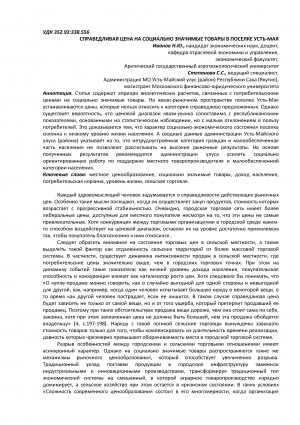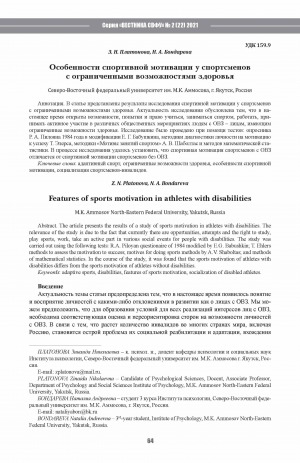
Роль матери как решающий фактор социальной адаптации детей с ОВЗ: от опёки к функциональной сепарации = The role of the mother as a decisive factor in the social adaptation of children with disabilities: from guardianship to functional separation
Статья в журнале
Русский
37.018.1-056.2(571.56)
дети с интеллектуальными нарушениями; социализация; социально-значимые действия; опека; функциональная сепарация; mother; children with intellectual disabilities; socialization; socially significant actions; guardianship; functional separation
The modern world is characterized by the pace of rapidly changing events. New technologies, such as cloud, biotechnology, driverless cars, the Internet of things, and so on, are rapidly entering life. All these are the realities of the coming day. The modern economy requires new specialists, which means that approaches to teaching and raising children are changing in general. Schools and families must be prepared for these challenges of our time, to instill such skills that will help children live in a changing world. But at the same time, we must remember that in addition to healthy children, there are children with special educational needs. The role of the family and mother in the social adaptation of a child of this category is of great importance. The article considers the problems of socialization of children with intellectual disabilities, and also touches upon the issues of the occurrence of these disorders. Attention is drawn to the formation of socially significant actions in children with intellectual disabilities. The main goal of the article: to show the dependence of the success of socialization of a child with disabilities on the path "from guardianship to separation" chosen by his mother.
Прокопьева, Л. Н. Роль матери как решающий фактор социальной адаптации детей с ОВЗ: от опёки к функциональной сепарации / Л. Н. Прокопьева, В. М. Егорова ; АОУ РС (Я) ДПО "Институт развития образования и повышения квалификации им. С. Н. Донского-II" // Народное образование Якутии. - 2024, N 3 (132).- C. 107-112.
Войдите в систему, чтобы открыть документ
